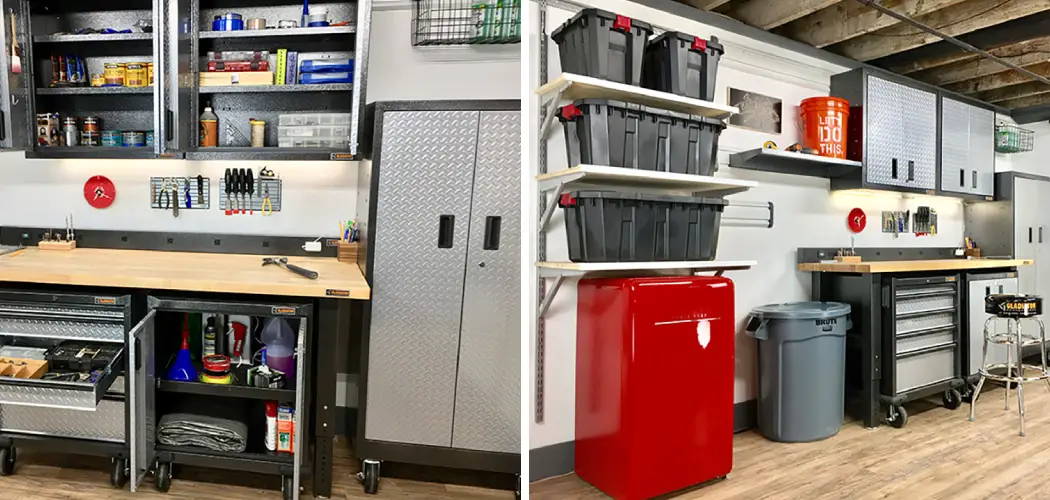Do you feel like the walls of your home are closing in on you? Do you have a creative itch that needs to be scratched? If so, transforming your basement into a DIY workshop may be just what your house and creativity need! Make a place where tools meet imagination and turn those mundane walls into something amazing.
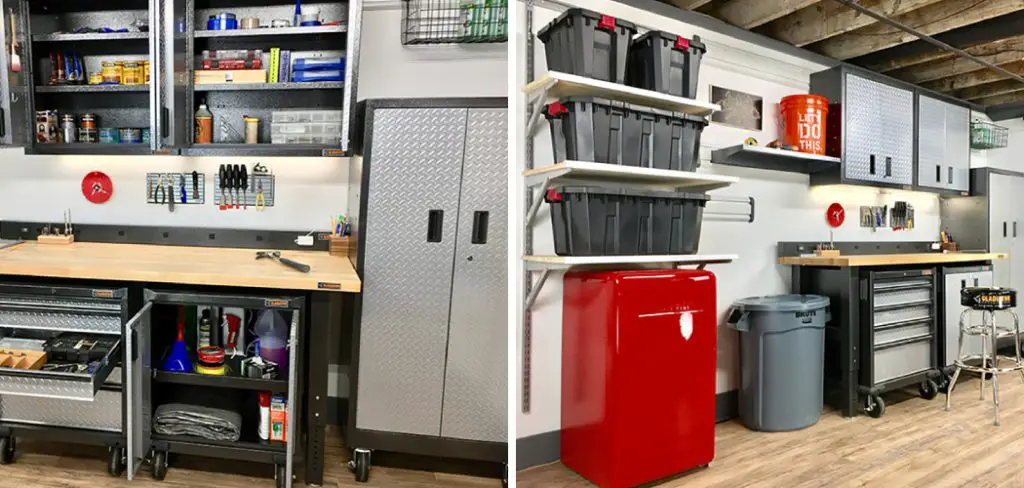
With some basic knowledge and clever planning, it’s easy to transform any basement into an amazingly productive DIY workspace complete with sufficient power outlets for all the electricity-hungry tools, and shop lighting well-suited for crafts or taking care of business tasks.
With some planning, creative problem-solving, and careful organization, you can turn an unused room into a vibrant workspace. From installing light fixtures and shelves to stocking them with essential tools and materials – we’ll show you how easy it is to create an inspiring basement workshop perfect for any craft or home project. So grab some hammer, nails, and wood because here’s how to transform your basement into a DIY workshop in no time.
Why May You Want to Transform Your Basement Into a DIY Workshop?
1 . To Save Money
One of the main reasons why you may consider transforming your basement into a DIY workshop is to save money. If you have a hobby that involves woodworking, metalworking, or any other type of crafting, investing in setting up a dedicated workspace can be expensive. Instead of renting out a space or buying expensive equipment for another location, turning your basement into a DIY workshop can save you a significant amount of money in the long run.
2 . To Have a Dedicated Space
Another reason to transform your basement into a DIY workshop is to have a designated space for your projects. Having a dedicated workspace helps you stay organized and allows you to customize it according to your specific needs. You might also be able to leave projects out without worrying about cleaning up and disrupting your living space.
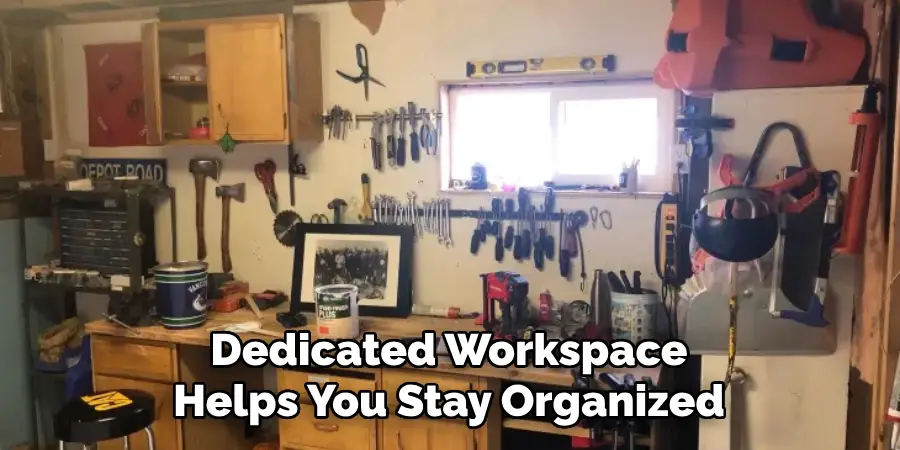
3 . To Explore Your Creativity
With a DIY workshop in your basement, you can explore your creativity without any limits. Unlike renting out a shared space or attending workshops, having a dedicated workspace gives you the freedom to work on projects at any time of day. This allows you to experiment with different tools, techniques, and materials without any time constraints.
4 . To Make Use of Unused Space
Basements are often used for storage or remain unfinished, making them underutilized spaces in many homes. By transforming it into a DIY workshop, you can make use of this unused space and give it a purpose. This not only adds value to your home but also allows you to utilize the space in a way that brings you joy and satisfaction.
5 . To Have a Stress-Relieving Activity
Engaging in DIY projects can be a stress-relieving activity for many people. It allows you to disconnect from the outside world and focus on creating something with your own hands. By having a DIY workshop in your basement, you have easy access to this stress-relieving activity whenever you need it. This can be especially helpful during times of high stress or when you need a break from your daily routine.
12 Ideas on How to Transform Your Basement Into a DIY Workshop
1 . Use the Natural Light
Basements are often dark and poorly lit, which can make it difficult to work in. However, by utilizing natural light sources like windows or skylights, you can brighten up your workshop space without having to rely on artificial lighting. This will not only save you money on electricity bills but also create a more pleasant working environment.
2 . Insulate the Walls
A properly insulated basement can help regulate temperature and reduce noise. This is especially important for a workshop, as it will keep you comfortable while working and prevent loud noises from disturbing others in the house. Consider using spray foam or rigid foam insulation to insulate your basement walls.
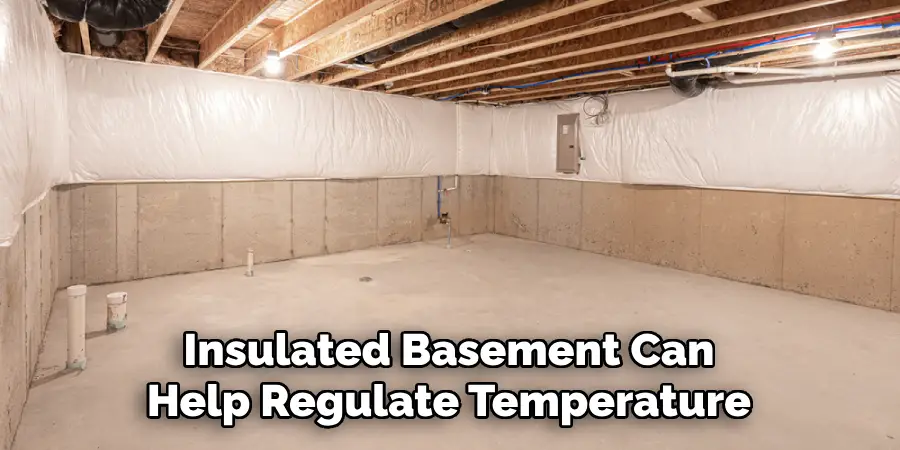
3 . Invest in Good Lighting
In addition to utilizing natural light, it is important to have good lighting in your workshop. This will not only make it easier to see while working but also reduce eye strain and prevent accidents. Consider installing overhead lights or using task lighting for specific work areas.
4 . Create a Layout
Before transforming your basement into a DIY workshop, consider creating a layout to help you plan out the space. This will not only help you utilize the available space efficiently but also ensure that your workshop is organized and functional.
5 . Install Storage Options
One of the keys to a successful DIY workshop is having enough storage options for your tools, materials, and supplies. Consider installing shelves, cabinets, or pegboards to keep your items organized and easily accessible. This will save you time and frustration while working on projects.
6 . Add a Workbench
A workbench is an essential component of any DIY workshop. Whether you purchase one or build your own, make sure it is sturdy and has enough space for your projects. You can also consider adding drawers or shelves underneath the workbench for additional storage.
7 . Upgrade Electrical Outlets
Depending on the type of projects you will be working on, you may need to upgrade your electrical outlets to accommodate power tools and other equipment. Consider consulting a professional electrician to ensure that your workshop has the appropriate outlets and wiring for your needs.
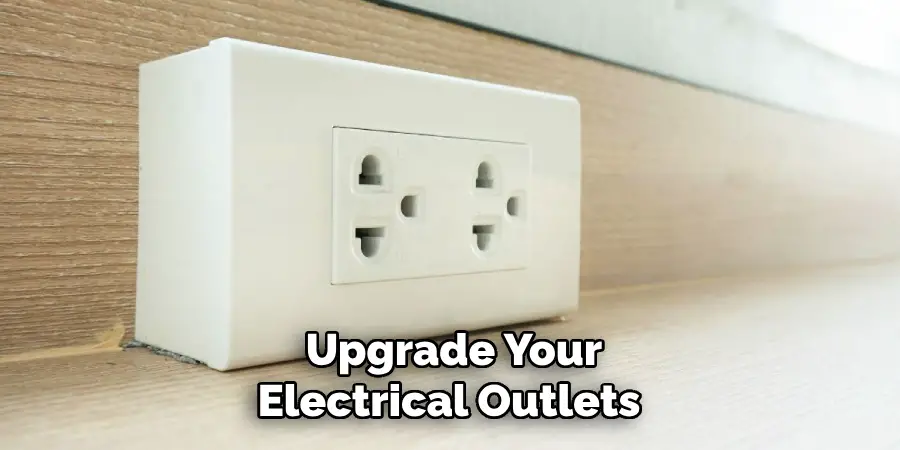
8 . Include Ventilation
Working with chemicals or producing sawdust can create fumes and particles that can be harmful to your health. To prevent this, make sure to include proper ventilation in your workshop. This can be achieved through an exhaust fan or windows that can be opened for fresh air.
9 . Consider Flooring Options
The flooring in your basement workshop should be durable and easy to clean. Concrete, epoxy, or rubber flooring are all good options as they are resistant to wear and tear, spills, and stains. You can also add area rugs for added comfort.
10 . Make it Multifunctional
If you are limited in space, consider making your DIY workshop multifunctional. For example, you can use a foldable workbench that can be stored away when not in use or utilize wall-mounted storage solutions to save space.
11 . Include a Sink
Having access to running water in your workshop can be extremely convenient, especially when working with messy materials. Consider installing a sink and connecting it to a water source for easy cleanup and handwashing.
12 . Personalize the Space
Last but not least, don’t forget to personalize your DIY workshop space. Hang up motivational posters, display your favorite tools, or add a comfortable chair for breaks. This will not only make the space feel more inviting but also inspire you to be creative and productive in your projects.
Overall, transforming your basement into a DIY workshop requires careful planning and consideration, but with these ideas, you can create a functional and enjoyable space for all of your DIY needs.
Frequently Asked Questions
What Precautions Should I Take Before Starting a Basement Workshop?
Before you start transforming your basement into a DIY workshop, there are a few important precautions you should take.
- Check for any potential hazards such as leaks or mold. These issues can be detrimental to your health and safety if left untreated.
- Make sure the basement is properly ventilated to prevent the buildup of fumes from power tools.
- Ensure that the basement is well-lit, either through natural light or proper lighting fixtures. This will make your workspace safer and more comfortable to work in.
- Consider installing sturdy flooring and covering any exposed pipes or wiring to prevent accidents.
- Lastly, make sure to have a fire extinguisher easily accessible in case of emergencies.
How Can I Maximize Space in My Basement Workshop?
Basements can often feel cramped and dark, but with some creative organization, you can maximize the space in your basement workshop. Here are a few tips:
- Utilize wall space by installing shelves, pegboards, and cabinets to store tools and supplies.
- Use a workbench with built-in storage or add drawers and compartments to keep your workspace clutter-free.
- Consider using foldable or collapsible workstations that can be easily stored when not in use.
- Make use of vertical space by hanging tools on hooks or installing a ceiling-mounted storage system.
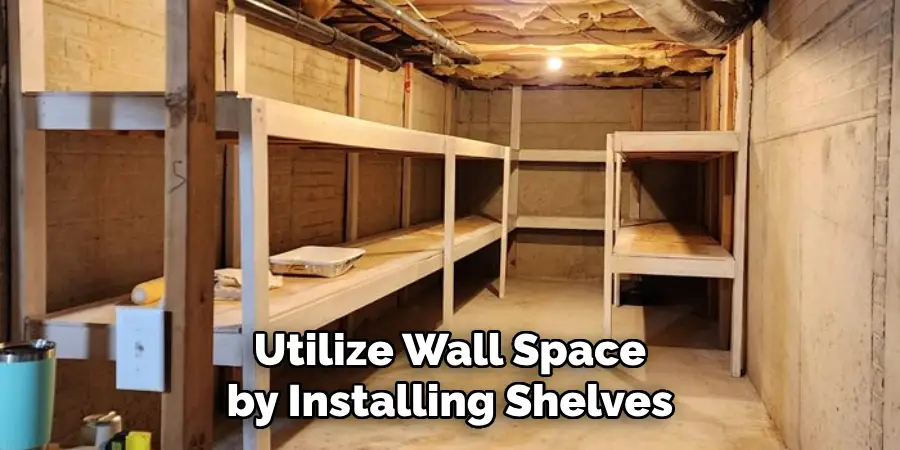
Conclusion
The possibilities for transforming your basement into a DIY workshop are endless! Implementing some of the tips suggested in this post will give you an awesome space to be creative, and efficient and get your projects done. Remember, your creativity is the limit when it comes to designing your workshop with the end goal of improving the creative process and making more time for producing your projects!
Now you know how to transform your basement into a DIY workshop! So don’t wait, take action now. Find a style that suits you best and organize an amazing workspace in your basement. Take charge and have fun as you embark on this rewarding journey of creating a unique workshop tailored just to you and your needs!

